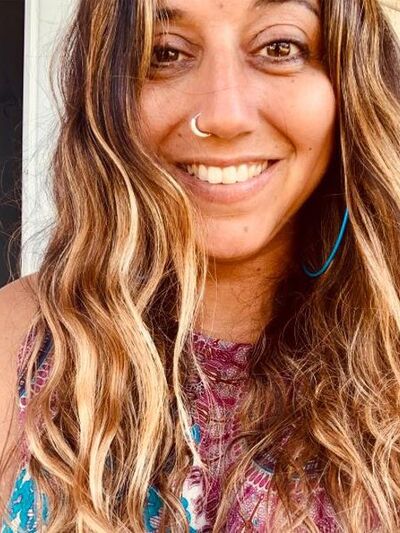About Equity, Diversity & Inclusion (EDI)
Established in 2023, the EDI Office is dedicated to fostering a supportive and inclusive environment within the Faculty of Music. Our mission is to enhance EDI, wellness, and safety through strategic policies, programs, and initiatives. Guided by insights from a Climate and Culture Review completed in 2022, the Office and Faculty are committed to creating spaces where everyone feels they belong and can thrive.
The EDI Director is available for confidential consultations, advising, and resource navigation related to EDI, wellness, and safety. Please connect with us if you need guidance or support, have questions, or wish to provide feedback.
The University offers complaints resolution processes and related supports when it comes to concerns of harassment and discrimination. Further information about these processes and supports is available via our Community Guidelinesand on the People, Strategy, Equity, and Culture website.
Strategic Priorities
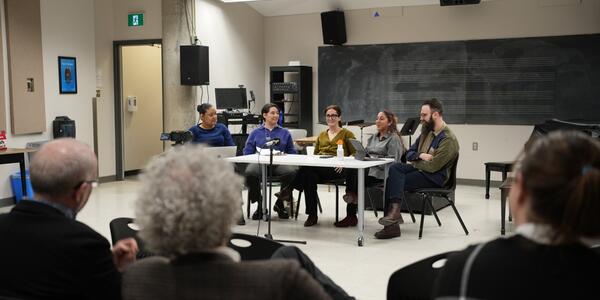
Education and Community Engagement
Enhance awareness and education on EDI principles, tools, strategies to support and guide our communities through cultural shifts and systemic changes that advance EDI and reconciliation, and foster safety, wellness, belonging.
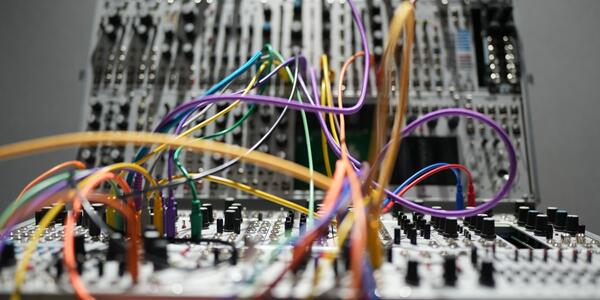
Systems Navigation
Work with those who need safety or EDI-related support to connect with resources that support community members to live, learn, and work in discrimination and harassment free-spaces.
Respond to concerns with sensitivity in ways that demonstrate accountability and enhance access, belonging, and wellness.
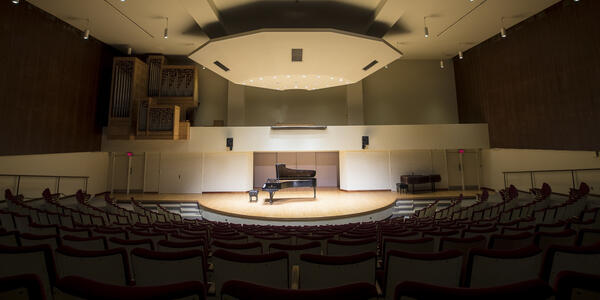
Accessibility
Identify and work to remove barriers to education, professional development, and opportunities to engage in meaningful scholarly and artistic work.
Provide equitable opportunities to participate and thrive to all members of our communities, supporting each other to maximize our individual and collective creative potential.
Principles and Guidelines
Programs and Projects
Future Sound 6 Program
Future Sound 6 (FS6) is a free community music program for BIPOC/racialized young women, trans, and gender-expansive youth from low-income communities in the GTA. Developed in partnership with the YWCA Toronto Girls' Centre, FS6 connects participants to the University of Toronto's Faculty of Music, building on a successful 2022 pilot. Funded by U of T's Access Strategy and Partnerships Officeand the faculty’s Community Engagement Fund, this expanded program creates pathways to higher education for equity-deserving youth.
FS6 fosters belonging and accessible learning in music and higher education by bridging underserved high school youth with U of T’s music faculty, staff, and students for experiential learning and mentorship. Over 16 weeks, participants attend sessions at the Girls' Centre and within our faculty to access its state-of-the-art Electronic Music Studioand performance spaces. They receive training from students, alumni, staff, and faculty in songwriting, digital music production, audio engineering, and performance. The program culminates in a concert at the faculty where participants showcase their work.
Through hands-on group sessions and creative projects, participants explore how music supports mental health, self-expression, and community. By imagining, creating, and performing, they cultivate and nurture their artistry, confidence, and well-being.
Get Fed! Healthy Snacks Program
This program provides healthy snacks for students twice per day in both Faculty of Music buildings during the Fall and Winter semesters. It is generously funded by donors, organized by Master of Social Work students supervised by the EDI Director, and supported by volunteers within our community.
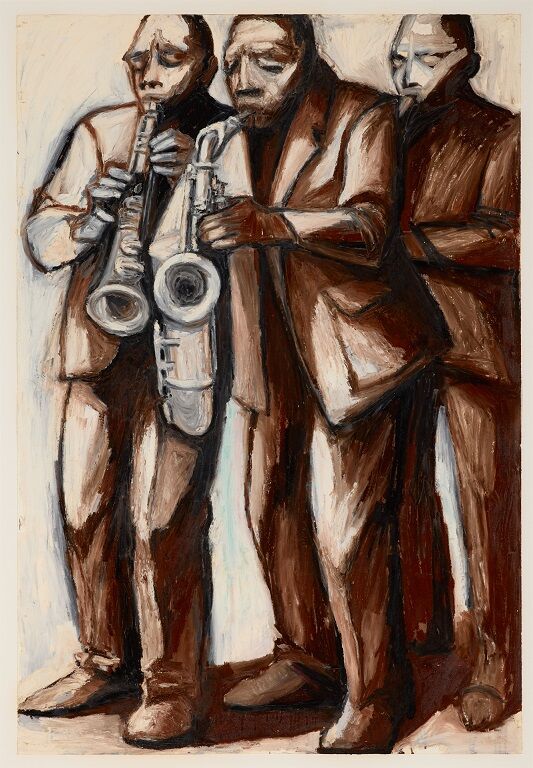
Art Refresh Project
This project focuses on building a sense of belonging within the Faculty by including visual works by artists from historically underrepresented communities on campus. Featured pieces are from the University of Toronto Art Museum and the Canada Council Art Bank.
In 2023, showcasing pieces by visual artists from equity-deserving groups and members of the Artists' Jazz Band, 40 works were installed within the Faculty of Music's buildings. They include Sorogen by Rita Letendre (1928-2021), Mother and Child: Dissonance by Sarindar Dhaliwal, Three Horns by R. Holland Murray, and A Strong Law Bids us Dance by David Neel.
art(un)done: public lives, private encounters, an exhibition part Sustainable pARTnershipsis up in the lobby of the Faculty's second largest performance space, Walter Hall.
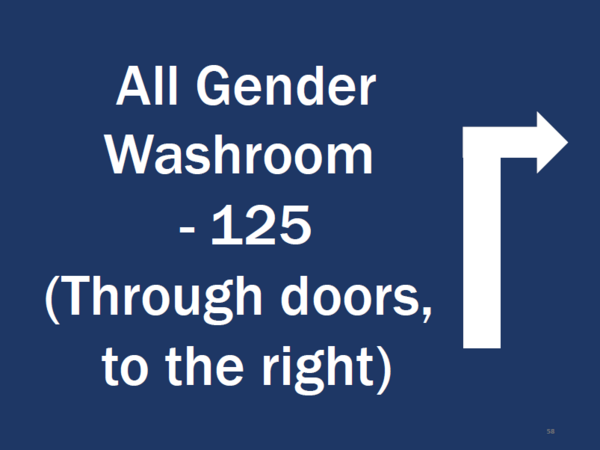
Navigation Project
In 2024, the EDI Office completed a project to make wayfinding easier within Faculty of Music buildings. The process involved consulting with the university's AODA Office, and invited community members to provide input on draft signage that included a QR code linking to an anonymous feedback form. More than 160 accessibly designed signs were created, improving accessibility and safety within our physical spaces for students, faculty, librarians, and guests.
Committees and Taskforces
Learning and Unlearning
The EDI Office facilitates professional development opportunities for our community members that align with our Faculty’s commitment to inclusion, belonging, integrity, and accountability. All trainings include information on resources available to community members in need of support.
Questions and feedback about EDI-related training and professional development are welcome and may be shared with the EDI Director.
Resources
Meet the Team
